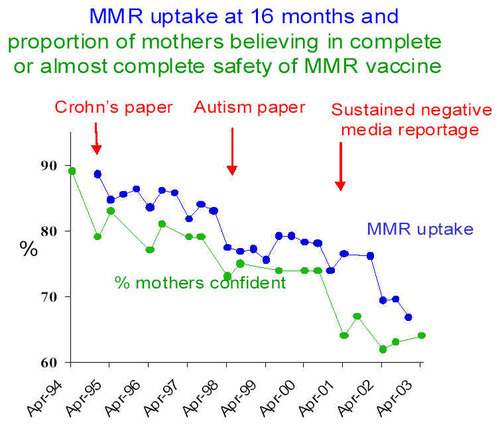My name's Scott and all I really want is to be a doctor. I mostly love science, medicine and music, as well as the occasional beautiful photograph.
Don't wanna be here? Send us removal request.
Photo

What does Bach have to do with flowers?
This is a bit of a personal post, but completely ties in with the theme of the blog. I received a…
View Post
0 notes
Photo

Screening: is it worth it?
Depending on who you are, you may or may not have heard about the issues surrounding screening.…
View Post
2 notes
·
View notes
Text
I feel like being 16 again.
So tell me what you think of me here.
1 note
·
View note
Text
Don't believe everything you read
We hear this over and over, and it's true - especially when it comes to medicine and health. Much of what we read is sensationalised and can often be misleading. I said I would blog about vaccination and this post is about vaccination and a couple of other issues.
We're all exposed to the media everyday; it's unavoidable. The media is how we find out about what's happening both two minutes down the road and on the other side of the world, and nowadays it's easier than ever to access. You'd be hard pushed to find a newspaper published today that didn't publish an article about health. Such an article caused a major controversy a few years ago, surrounding the MMR jab and its supposed adverse effects.
Dr Andrew Wakefield published a paper in The Lancet in 1998. It reported the findings of a study about gastrointestinal disease and developmental disorder in children. Wakefield stated in the study that the onset of symptoms of developmental disorders displayed by the children being studied was associated with their receiving the MMR vaccine. Other researchers tried, on numerous occasions, to replicate the study and the results, without success. It came to light that there were serious flaws in both the method used by Andrew Wakefield and in the ethics of the decisions made during the study. It became clear that Wakefield had been fraudulent in his claims about the link between the MMR vaccine.
The coverage in the media was sensational. The Daily Mail reported that: "scientists reported finding a strong association between the [MMR] vaccine and an immune system reaction which is thought to play a role in autism." The Daily Mail has a current readership of over four million and is read by countless parents, grandparents, aunties and uncles all over the country. After the publishing of the study and subsequent reporting of the non-existent link between the jab and autism, uptake of the vaccine declined massively (as you can see from the graph below).

The power of the media when it comes to our health is mammoth; why wouldn't it be? When so many things change so quickly, people still have their newspaper to come home to, and why wouldn't they trust what it tells them? The trust in the media could (and is) used for the good of the people, but when an inaccurate and outright fraudulent study causes panic to the extent that people doubt a well proven preventative measure such as the MMR vaccine, there has to be something wrong. Thankfully, Andrew Wakefield (and his claims) have been utterly discredited. But this frightening story is an insight into the power the media has over the public's beliefs about their health.
2 notes
·
View notes
Photo
Isn’t that a brilliant thought?

603K notes
·
View notes
Text
Put a message in my ask if you've heard...
That the MMR vaccination causes autism.
1 note
·
View note
Text
Soon, I'll blog about vaccination.
But, for now, goodnight.
0 notes
Text
It's funny coming on here after a couple of months.
And seeing how I've changed since then. Not a great deal, but it's a good thing. Life is good!
0 notes
Note
Hi! You wrote that all you really want to be is a doctor. Are you a medical student?
I'm not at the moment - I'm studying for a degree in human biology then am going to go on to be a medical student. I've had a fair bit of clinical work experience though! Where are you from?
2 notes
·
View notes







